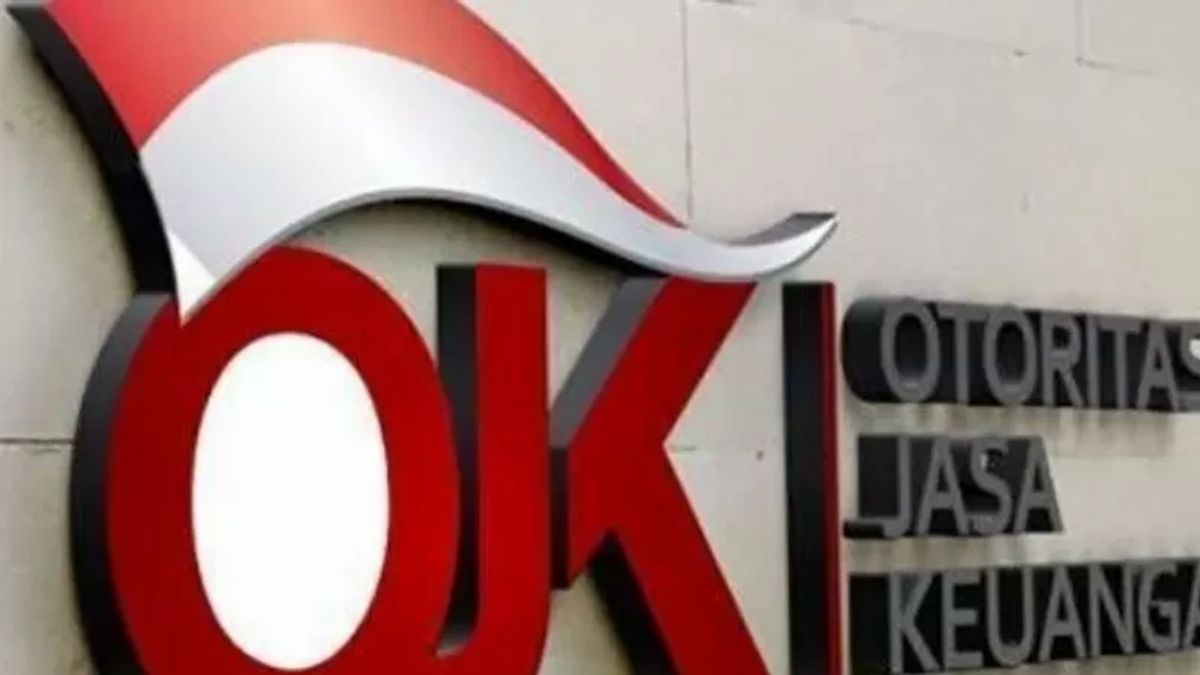JAKARTA - The Financial Services Authority (OJK) issued OJK Regulation number 12 of 2024 concerning the Implementation of Anti-Frid Strategies for Financial Services Institutions (LJK). The regulation aims to strengthen the application of the principles of governance and risk management in financial service institutions.
"The issuance of POJK is expected to encourage the implementation of anti-fraud implementation for LJK under the supervision of the OJK as a whole, so as to create a strong and healthy financial ecosystem," said Head of the Department of Literacy, Financial Inclusion and Communications at OJK Aman Santosa quoting Antara.
It is safe to say that the issuance of OJK Regulations (POJK) is one of the OJK's initiatives in supporting the development and strengthening of LJK and following up on input from the Corruption Eradication Commission (KPK) and Supreme Court Regulation Number 13 of 2016 concerning Procedures for Handling Criminal Cases by Corporations.
The POJK regulates, among other things, the obligation to draft and deliver anti-fraud strategy policies, as well as submit reports of fraud events, both routine reports and incidental, and fines for late submissions that are adjusted to the complexity of LJK's business activities.
The regulation also regulates the obligation to implement a fraud detection system accompanied by an increase in internal and external understanding of the parties involved, and is supported by the application of adequate risk management.
Guidelines for implementing anti-fraud strategies in these provisions are aimed at being able to direct LJK in controlling fraud through efforts that are not only aimed at preventing, but also detecting and conducting investigations and improving the system as part of an integral strategy in controlling fraud.
SEE ALSO:
The types of actions classified as fraud consist of corruption, abuse of assets, fraud of financial reports, fraud, leaking of confidential information, and/or other actions that can be equated with fraud in accordance with statutory provisions.
Corruption includes a conflict of interest that harms LJK and/or consumers, bribery, illegal acceptance, and/or extortion.
The abuse of assets includes misuse of cash, misuse of supplies, and/or misuse of other assets.
The fraud in financial reports includes exceeding net wealth and or net income, or reducing net wealth and or net income.
The English, Chinese, Japanese, Arabic, and French versions are automatically generated by the AI. So there may still be inaccuracies in translating, please always see Indonesian as our main language. (system supported by DigitalSiber.id)
















